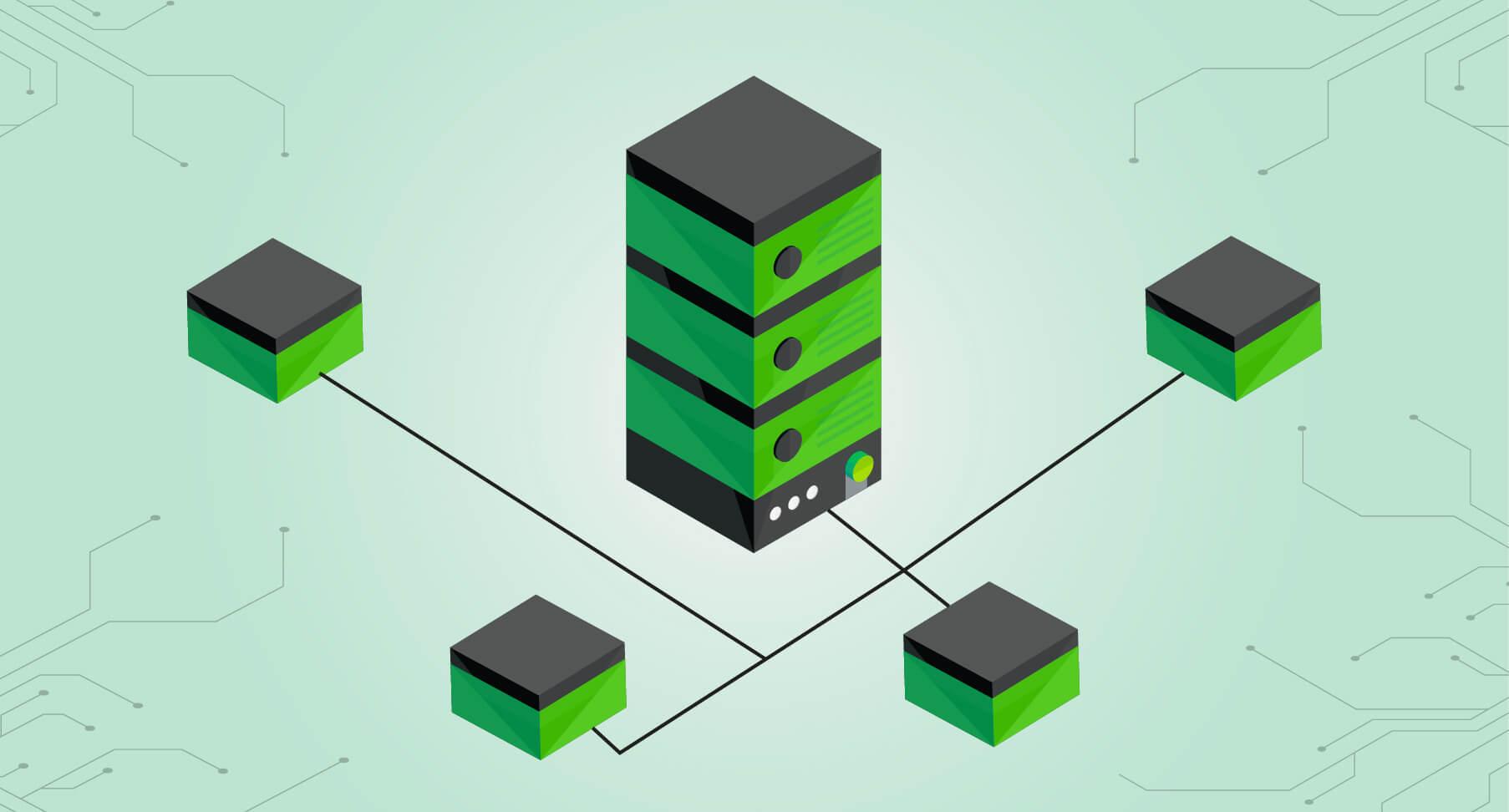Data analytics is revolutionizing how businesses operate, enabling them to make more informed decisions and optimize their operations. This article delves into ten industries harnessing data analytics for success.
By exploring their innovative use cases, we'll gain a deeper understanding of the transformative power of data-driven insights.
So, let's get started!
1. E-commerce
Data analytics is a game-changer in the e-commerce industry because it enables businesses to understand their customers better and offer personalized shopping experiences. Data analytics can optimize website design, enhance customer service, effectively manage inventory and provide product recommendations.
A prime example of data analytics in action is Etsy, which uses analytics to help sellers optimize their product listings and grow their businesses. Etsy analyzes customer search behavior and trends and provides sellers with valuable insights to reach more customers and boost their sales.
Also, to overcome challenges, small players in the market track prices to lower their prices and bring more traffic toward them. They usually scrape Amazon or other e-commerce giants that can give them wholesome data.
2. Hotel Industry
In the hotel industry, data analytics is crucial for enhancing guest experiences, optimizing pricing, and maximizing occupancy. Hotels tailor marketing campaigns and services using customer preferences, booking history, and competitors' pricing data. The Ritz-Carlton Hotel Company exemplifies this approach by analyzing guest data to refine service quality.
Moreover, hoteliers like Marriott International leverage current and historical pricing data using rate shopping tools which enables them to get insight into competitor rates, market demand, seasonal trends, and local events to develop competitive pricing strategies and price forecasting.
These data-driven tactics, employed across various sectors, showcase the power of data analytics in driving success and staying ahead of competitors. Head over to this blog to learn more about the benefits of data analytics in the hotel industry.
3. Healthcare
Data analytics is revolutionizing healthcare by helping providers make better-informed decisions, optimize treatment plans, and improve patient outcomes. Healthcare organizations are using analytics to identify patterns in patient data, streamline operations, and enhance the overall quality of care.
Flatiron Health is an example of a company that harnesses the power of data analytics in healthcare. By aggregating and analyzing clinical data from various sources, Flatiron Health helps oncologists make better treatment decisions, ultimately improving patient care.
4. Finance

Data analytics has become a vital tool for assessing risk, detecting fraud, and identifying new market opportunities in the finance sector. Financial institutions are leveraging analytics to enhance their decision-making and offer more personalized services to their customers.
Credit Karma exemplifies the use of data analytics in the finance industry. The company provides personalized financial recommendations by analyzing user credit scores, spending habits, and financial goals, helping users make informed decisions and improve their financial well-being.
5. Manufacturing
Data analytics is transforming the manufacturing industry by enabling companies to optimize production processes, improve product quality, and reduce costs. Manufacturers can use data analytics to monitor equipment performance, predict maintenance needs, and identify potential bottlenecks in the production process.
Toyota, the global automotive manufacturer, demonstrates the impact of data analytics in manufacturing. By employing real-time data from factory-floor sensors, Toyota can monitor equipment performance, streamline production workflows, and maintain high product quality.
6. Aviation
Enhanced safety, optimized routes, and increased efficiency have revolutionized the aviation industry. Flight APIs are crucial in transforming the industry by providing vital data for scheduling, comparing prices, and tracking locations. This data can help users make informed decisions.
Skyscanner, a travel fare aggregator, utilizes data analytics and Flight Data API for real-time flight schedules, pricing, and locations. This enables users to find the most convenient and cost-effective travel options.
By continuously optimizing search algorithms, Skyscanner increases customer satisfaction and maintains a competitive edge in the online travel booking industry. To know more about data analytics in the airline industry, head over to this article.
7. Real Estate
Data analytics is making a significant impact on the real estate industry, helping investors, developers, and property managers and real estate photographers make better decisions. Stakeholders can identify lucrative investment opportunities and optimize their strategies by analyzing property data, market trends, and demographic information.
Zillow, the popular online real estate marketplace, demonstrates the value of data analytics in the industry. The platform uses analytics to provide accurate home value estimates, known as Zestimates, helping users make informed decisions when buying or selling properties.
8. Sports
The sports industry has embraced data analytics to enhance team performance, inform coaching strategies for different types of triathlons, and optimize player training. Coaches and analysts can use data from player performance metrics, game statistics, and player biometrics to make informed decisions and gain a competitive advantage.
The use of data analytics in sports is evident in the success of the NBA team, the Houston Rockets. By utilizing advanced analytics, the team can identify strengths and weaknesses, optimize their playing style, and make data-driven decisions during games that contribute to their overall success on the court.
9. Agriculture
Data analytics is playing a crucial role in the modernization of agriculture. By analyzing data from various sources, such as satellite imagery, weather patterns, and soil conditions, farmers can make better decisions regarding crop management, resource allocation, and pest control.
One notable example is John Deere, the agricultural machinery manufacturer. The company offers a range of data-driven solutions to help farmers optimize their operations, such as precision farming technologies that use real-time data to guide planting, fertilizing, and harvesting, resulting in increased crop yields and reduced waste.
10. Energy
The energy sector uses data analytics to optimize production, reduce costs, and minimize environmental impact. Data analytics can monitor equipment performance, predict maintenance needs, and identify energy production and distribution inefficiencies.
General Electric's (GE) Renewable Energy division is an example of data analytics in the energy sector. GE uses its Predix platform to analyze data from wind turbines and solar panels, allowing operators to optimize performance and increase the efficiency of renewable energy production.
Conclusion
As we have seen, data analytics has the potential to transform a wide range of industries by providing valuable insights, optimizing operations, and informing decision-making. However, there are still many industries that have not fully embraced the power of data analytics, and those that are using it may not be utilizing its full potential.
Businesses across all sectors can unlock new opportunities and achieve tremendous success by investing in data analytics and incorporating it into their strategies. The future of data analytics is promising, with advancements in artificial intelligence, machine learning, and data processing capabilities driving further innovation.
As technology continues to evolve, we can expect data analytics to play an even more significant role in shaping the way industries operate and succeed.















Leave a Reply